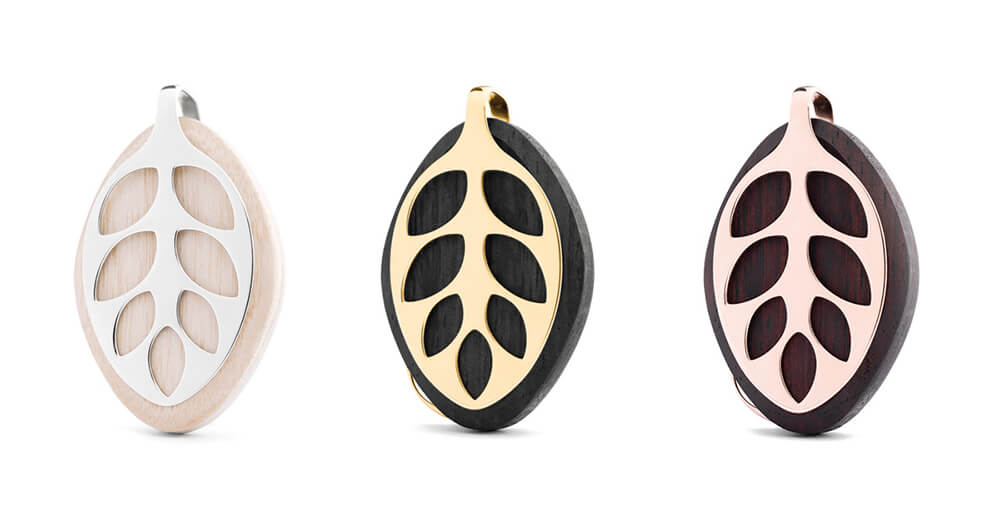
Digital wellbeing
Good health is a basic need. And now we try to reach it online. That’s why investors all over the world put heavy funding into new digital health ventures. Sofia Ljungmark looks into some interesting trends.
Health concerns everyone and many entrepreneurs are attracted by a large market, seeking to develop prosperous business ideas. During 2015, 4.5 billion USD went to venture funding in the area of digital health. The first half of 2016, 151 companies raised more than 2 billion USD.
The two largest investment categories within digital health are wearables/biosensing, and analytics/big data. Followed by population health management and consumer health information. The top six categories accounted for more than 50 percent of all digital health funding in 2015.
Let’s look into some interesting areas:
Lots of new meditation apps
Meditation is a true trend. There are mainly two reasons why: meditation can really have valuable effects on your health, reducing stress, and it is fairly convenient to find a time and place to meditate. This has attracted investors and there are lots of new apps building on this trend; one example is the app Headspace.
Meditation can improve your health, your happiness, your social life, self-control, and productivity – the latter is probably what attracts career evangelists in banking and financing to meditation.
Wearables are hot – but are they effective?
Wearable is short for ‘wearable technology.’ The most common kind is the bracelet. But as technology is becoming integrated in other objects, wearables will probably no longer be a word. Instead, we will just use the words for our everyday connected objects, like jewelry, cushions, glasses, etc.
In the US, 1 in 5 uses a wearable device. But many quit after only one month. Half of those using a wearable believe it actually improves their health. The other half looks upon it as fashion or use it for tracking.
These are two examples of interesting wearables:
Bellabeat’s leaf is worn as a bracelet, necklace or a pin. It monitors your sleep, logs your period, analyzes your breath and tracks your activity.
Vigo looks like a Bluetooth handsfree. It tracks your eye motion and thereby your alertness. The primary target group is truck drivers – when alertness is going down a window in the truck is being opened, the AC turned on or music start to play.
Coaching apps focus on texting
Online coaching became a trend already in 2014. Many of the new services started off as coaching over video. Now coaching services tend to use texting to a larger extent than earlier. The CEO of online coaching app Talkspace, Oren Frank, describes it as ”unlimited messaging with your therapist”. 90 percent of their counseling is provided via texting through the app or website.
With messaging the time slots become much smaller, making coaching much more efficient and you can be totally anonymous, using a nickname. Many people also think writing is much less intimidating. In addition the journal is kept automatically.
Analyzing your gut bacteria – a game changer
The human microbiome is the next vast, and potentially game changing, personalized health and wellness frontier. Your microbiome is the collection of all your gut bacteria. Research has only begun to unearth this potential but innovative startups and labs are already developing solutions that use bacterial samples from your gut to profile your body’s reaction to the foods you eat.
In the not too distant future, expect to see a world where our “gut type” can be catalogued similar to our blood type.
A startup in this field is uBiome. They analyzes your microbiome, and compares your data to the average, as well as to particular groups of people (e.g. vegetarians, or heavy drinkers), which gives you hints on how to modify your lifestyle in order to live healthier.
New kinds of dieting apps
Dieting trends shift from year to year, and new kinds of dieting apps keep popping up.
Rise is a diet coach app, that asks you to snap a picture of what you’re eating, and gives you feedback from a nutritionist directly in the app. Noom is a dieting service that offers you a real coach. Noom uses texting as the way of communication between user and coach. With Drinkcontrol you can not only control your alcohol consumption, but also your alcohol spending and the amount of calories. The Cortado app reminds you when you’ve spent over a certain amount of minutes at a coffeehouse.

